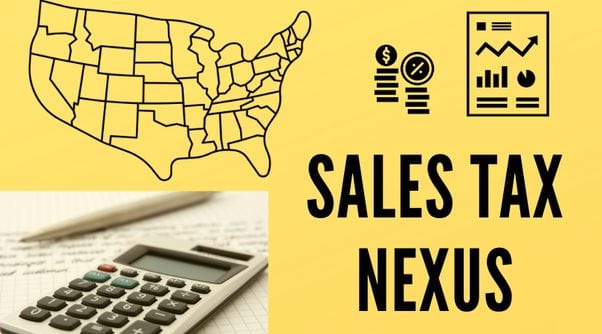Are you suffering from Nexus Perplexus?
Definition: A state of confusion regarding the degree of business activity allowed before a state may exert its jurisdiction to impose a tax.
Cause: The many (and often conflicting) definitions of Nexus for state tax purposes from legislative, judicial, administrative, and secondary sources.
Symptoms:
- A nagging feeling that there are potential tax liabilities in other states.
- A suspicion that state taxes may be lowered as a result of apportionment of business income to other states.
- A cold sweat resulting from the receipt of a nexus questionnaire from a state where one is not currently filing.
Are your products and services taxable in your home state? How about other states where you sell? Did you know that if you charge a fee for electronically filing an income tax return in Texas that the fee is subject to sales tax?
Regardless of the sophistication of the sales tax reporting system, the system still needs to be told what is taxable and what is not.
As businesses expand into multiple states (“multi-state”), the issue arises of whether the “foreign” states can force your company to register and collect use tax. Your company’s presence in a different part of a country or state is referred to as a “nexus”. This may be through your salespersons traveling to those states, or your hiring of jobbers, repairpersons, or independent contractors who perform installation or maintenance in a state where the company is not registered may create nexus in that state.
The level of activity performed has a direct bearing on whether another state has the ability to impose a tax. The critical issue is to determine if the nexus exists. A nexus review will carefully determine the facts of a taxpayer in light of not just state rules and regulations, but all applicable federal legislation, as well as relevant judicial and administrative law. The end result is a clear picture of potential state tax exposure.
Sales Tax Nexus issues can create serious tax liabilities because companies miss the opportunity to collect tax from customers and eliminate their own burden. In addition, there is usually no statute of limitation because the company never filed a return in the state where it created nexus.
Have you received a nexus questionnaire lately? If not responded to correctly, a state may conclude that nexus exists and assess tax, penalty, and interest for all periods from the first-day nexus exists. There have been many cases where taxpayers have filed returns and paid tax to a state where nexus did not exists, based simply on a nexus questionnaire that was not properly responded to.
The sales tax nexus requirements are very different from income taxes. In simple words, activities that will not cause nexus (a filing requirement) for income taxes will cause nexus for sales tax filing purposes. Companies typically delegate the sales tax filing function to clerk level positions. Consequently, high turnover in these positions can create inconsistency in the sales/use tax reporting function.
It is often difficult to find the time and the resources to prepare a comprehensive state tax plan. Outsourcing the planning function to a state tax expert can be a cost-effective way to ensure that all state tax options are being considered. A state tax plan starts with a review of the taxpayer’s facts and circumstances, as well as future plans and expectations. The end result is a recommendation of the best planning technique(s) for lowering state tax liabilities and/or exposure.
